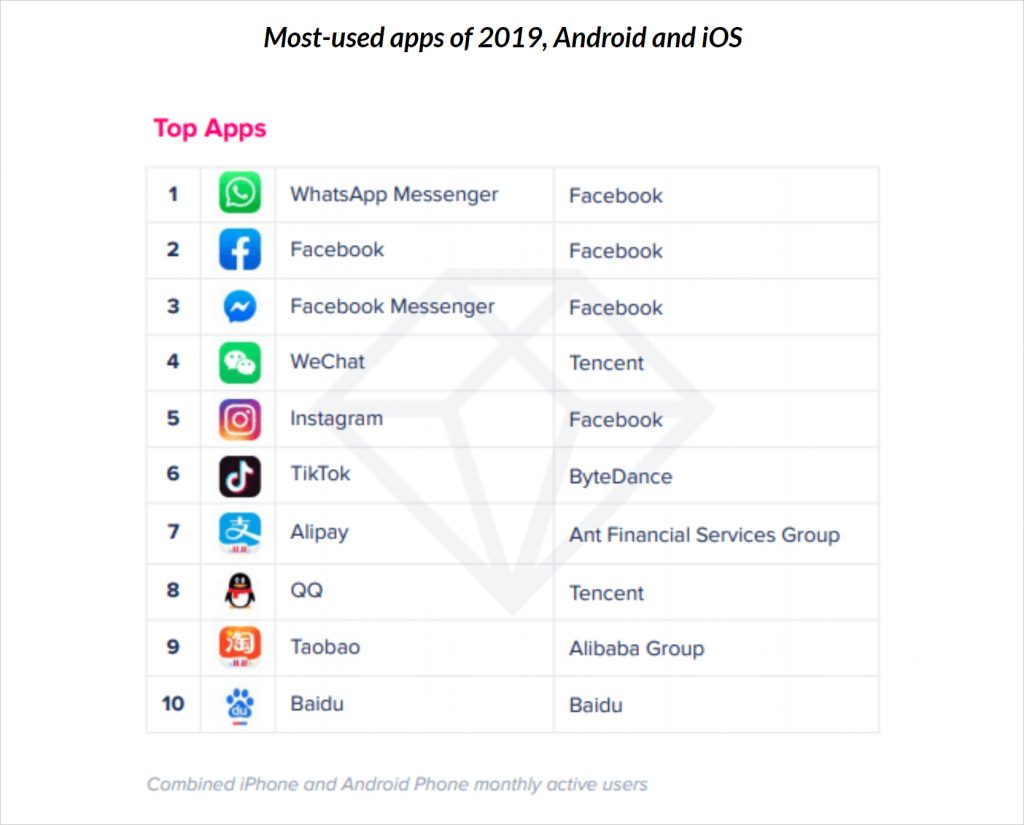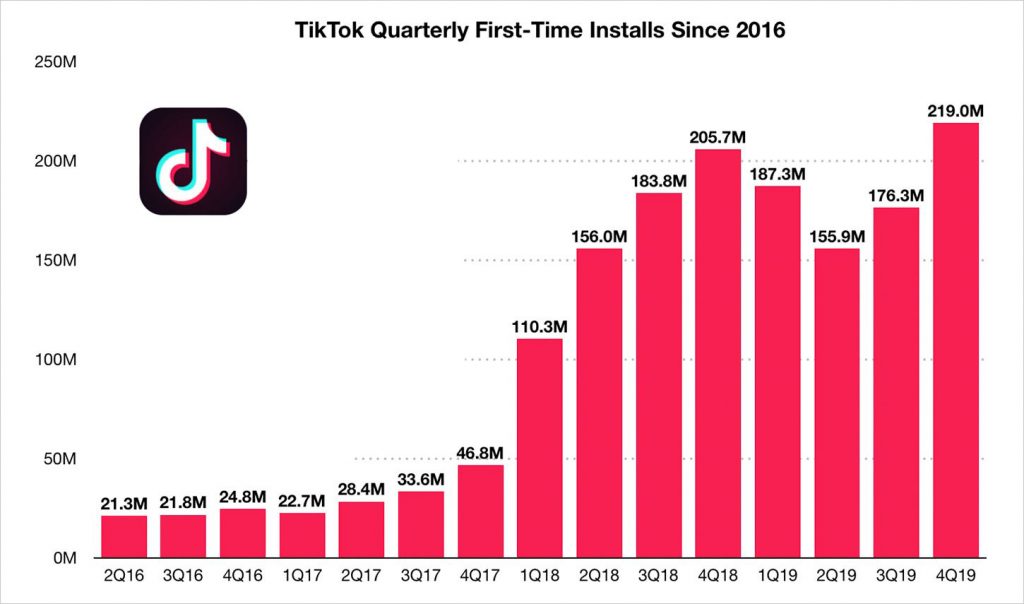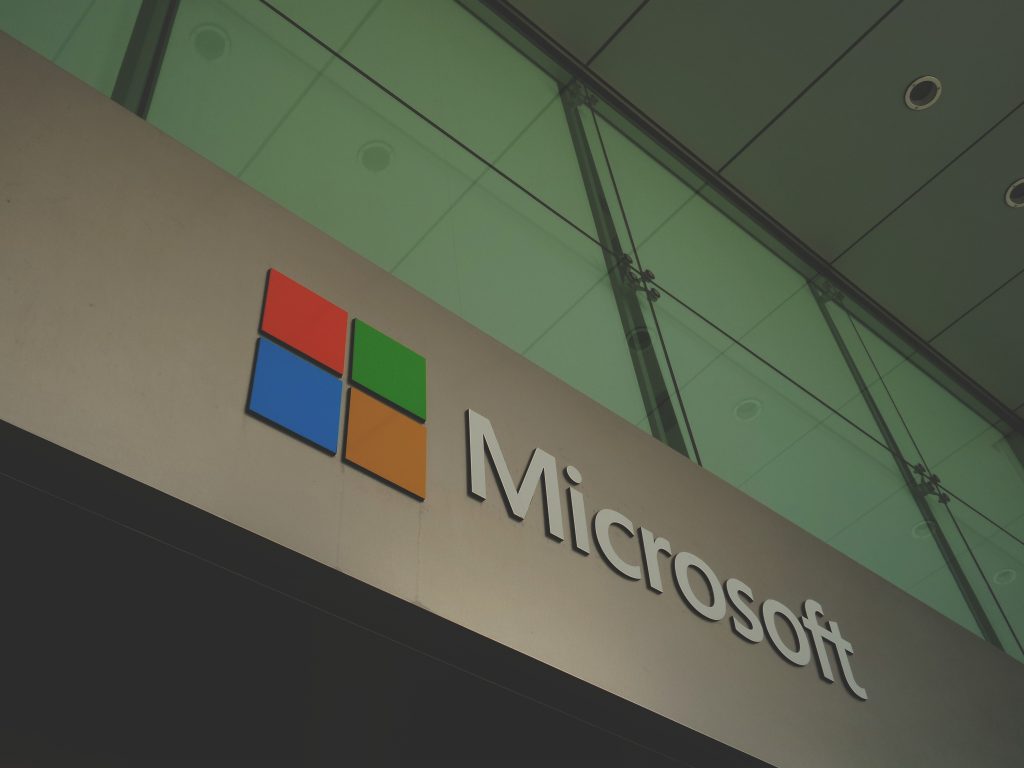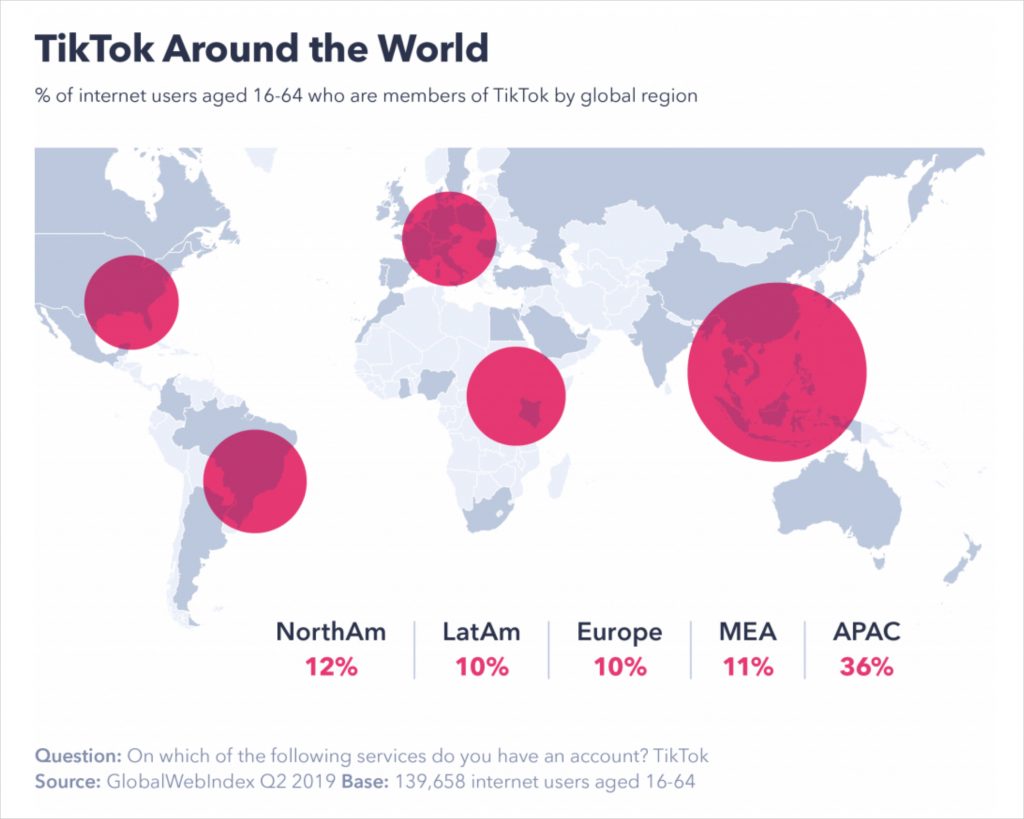If you hadn't heard of TikTok before, you probably have by now as the Chinese-owned video-sharing platform is entangled in a storm of controversy involving U.S. President Donald Trump and software giant Microsoft.
The app, where users can create 15-second clips to catchy songs, has been snowballing in popularity, and, according to multiple statistics sources, has now over 1.5 billion users in over 150 countries.
TikTok, known as Douyin in its home market, was launched in China in 2016 and pushed out globally as TikTok the following year.
In 2017, its parent company ByteDance—one of the most valuable start-ups in the world—acquired the popular China-based would-be rival app Musical.ly for a reported $1 billion and merged with TikTok in 2018.
It has global offices in Los Angeles, New York, London, Paris, Berlin, Dubai, Mumbai, Singapore, Jakarta, Seoul, and Tokyo.
TikTok was one of the most downloaded apps of 2019. Its success is powered by some of the world's most sophisticated AI tools and young fans who use the app to create, share, or view content based around dancing, lip-syncing, comedy skits, and other physical activities.

But despite its entertaining and light-hearted nature, TikTok has been a subject of heated dispute in recent years as some governments have raised alarm over the app.
A group of officials and analysts say TikTok harvests huge amounts of data and warn that ByteDance may be forced to share the collected information with the Chinese government.
TikTok has defended its privacy measures and says it "has never shared user data with the Chinese government, nor censored content at its request."
U.S. Ban
The U.S. president had been floating a "ban" on TikTok without much detail for several weeks, prompting an outpouring of grief, outrage, and attention among the app's users.
He had also warned that TikTok will be "out of business in the United States" by September 15 if ByteDance does not sell it to a U.S. company and provide the Treasury Department with "a lot of money".
On August 6, he enshrined that threat into an executive order. The order states that "any transaction by any person" with ByteDance or its subsidiaries will be prohibited in 45 days, CNET reported.
"The United States must take aggressive action against the owners of TikTok to protect our national security," the order reads.

According to National Public Radio, TikTok is planning to sue the Trump administration and challenge the president's executive order that bans the service from the U.S.
The inevitable question on many people's minds is how the U.S. president can force a company such as TikTok to sell itself or divest its U.S. operations.
"The answer is complicated and bureaucratic," Vox writes. "To force a sale, Trump could issue an order for ByteDance to divest from TikTok through CFIUS, an interagency committee that reviews foreign acquisitions and investments in U.S. businesses that can threaten national security."
The committee, chaired by Treasury Secretary Steven Mnuchin, has the power to block or reverse mergers and acquisitions involving the U.S. and foreign companies.
Read more: Surge in Live Videos and Other Social Media Trends Emerging From COVID-19
Bloomberg says CFIUS’s investigation of the video-sharing app stems from the 2017 purchase by ByteDance of Musical.ly, which did business in the U.S. before being folded into TikTok.
In a statement released on August 2, Microsoft confirmed that it has held talks with ByteDance to acquire TikTok in the U.S. and said it will keep working with the U.S. government on a deal. Microsoft added that it intends to conclude talks by September 15.

'Poison Chalice'
Microsoft co-founder Bill Gates seems as confused as everyone else about the rapidly-evolving saga of TikTok, which boasts 100 million users in the U.S.
In a recent interview with Wired, Gates—who now serves as Microsoft's technology advisor after stepping down from the board of directors earlier this year to focus on philanthropic efforts—described Microsoft's potential acquisition of TikTok as a "poison chalice".
Asked if he is wary of Microsoft getting into the social media game, he suggested that Microsoft making the industry more competitive is "probably a good thing" but that "having Trump kill off the only competitor, it's pretty bizarre."

TikTok indeed has emerged as a rare competitor to Facebook and Google. The company behind it has an estimated value of $100 billion, Bloomberg says.
According to CNBC, Facebook-owned Instagram launched its short-form video feature, Reels, on August 5 in to compete with TikTok.
Reels, which can be found within the Instagram app, allows users to create 15-second clips, like TikTok, and share them within the Instagram app, either publicly or with friends.
Other Countries
The U.S. is not alone in unleashing panic among devoted users of TikTok. Other governments see TikTok as a growing problem.
According to the Washington Post, India banned TikTok and several other Chinese apps earlier this summer after 20 Indian soldiers were killed in a border clash with Chinese troops in the Himalayas on June 16.
TikTok had an estimated 200 million users in the country—its largest market outside of China. Forbes says the social media app faces losses of as much as $6 billion as a result of the ban.
Read more: Is Facebook Stock Still a Buy After the Advertising Boycott?
The Australian Broadcasting Corporation has reported that Trump ally Prime Minister Scott Morrison has instructed the country's intelligence agencies and its Department of Home Affairs to investigate whether TikTok poses a security threat. The national broadcaster says more than 1.5 million Australians have downloaded the app.
"The European Union hasn't issued any formal warning or ban on TikTok, but the app has come under scrutiny from the bloc's data protection watchdogs, who launched a probe into its privacy policies in mid-July," the Washington Post reports.

The governments in several other countries such as Japan, Turkey, Indonesia, and Pakistan have been seeking to restrict the use of TikTok over "privacy" concerns or its "pornography, inappropriate" content.
Regardless of the controversy surrounding TikTok, it cannot be denied that it has proved vital to many as a source of entertainment, education, and community during COVID-19 lockdowns. It has also emerged as the go-to forum for youth activism around racial justice.
Facts and Figures
Statistics confirm the popularity of the Chinese video-sharing app. Here is a look at some major facts and figures published recently by Business of Apps:
- TikTok is available in over 150 markets around the world, in 39 languages.
- TikTok's monthly active users are estimated at 800 million.
- TikTok was downloaded 738 million times in 2019.
- It is estimated that 57% of the TikTok/Douyin userbase is based in China.
- According to Global Web Index TikTok stats published in August 2019, Chinese Douyin users tend to be a little older than TikTok users from elsewhere. Outside of China, 43% of TikTok users are aged 16-24, whereas in China over 60% are 25-44.
- India was the top market outside China for TikTok downloads in 2019, with 323 million.
- There were 46 million U.S. TikTok downloads in 2019.
- Android TikTok users spent 68 billion hours using the app in 2019.
- The average daily time on TikTok estimated at 45 minutes.
- TikTok's 2019 revenue came to $176.9 million (excluding non-iOS Chinese revenue).

- Global Web Index stats show that TikTok penetration is seemingly at its highest in Asia, where over a third of users aged 16-64 had an account.
- According to Tencent Market Insight, cited by Sean Wang on Medium in May 2018, 82% of TikTok/Douyin users were looking for funny videos, with talent (56%) and daily life (54.1%) the next most popular categories.
- TikTok revenue statistics from Sensor Tower show that TikTok brought in $176.9 million in revenue over 2019.
TikTok says it is "building this platform for the long term" and the app "will be here for many years to come". Only time will reveal the true power of short, catchy videos that users apparently cannot get enough of.

